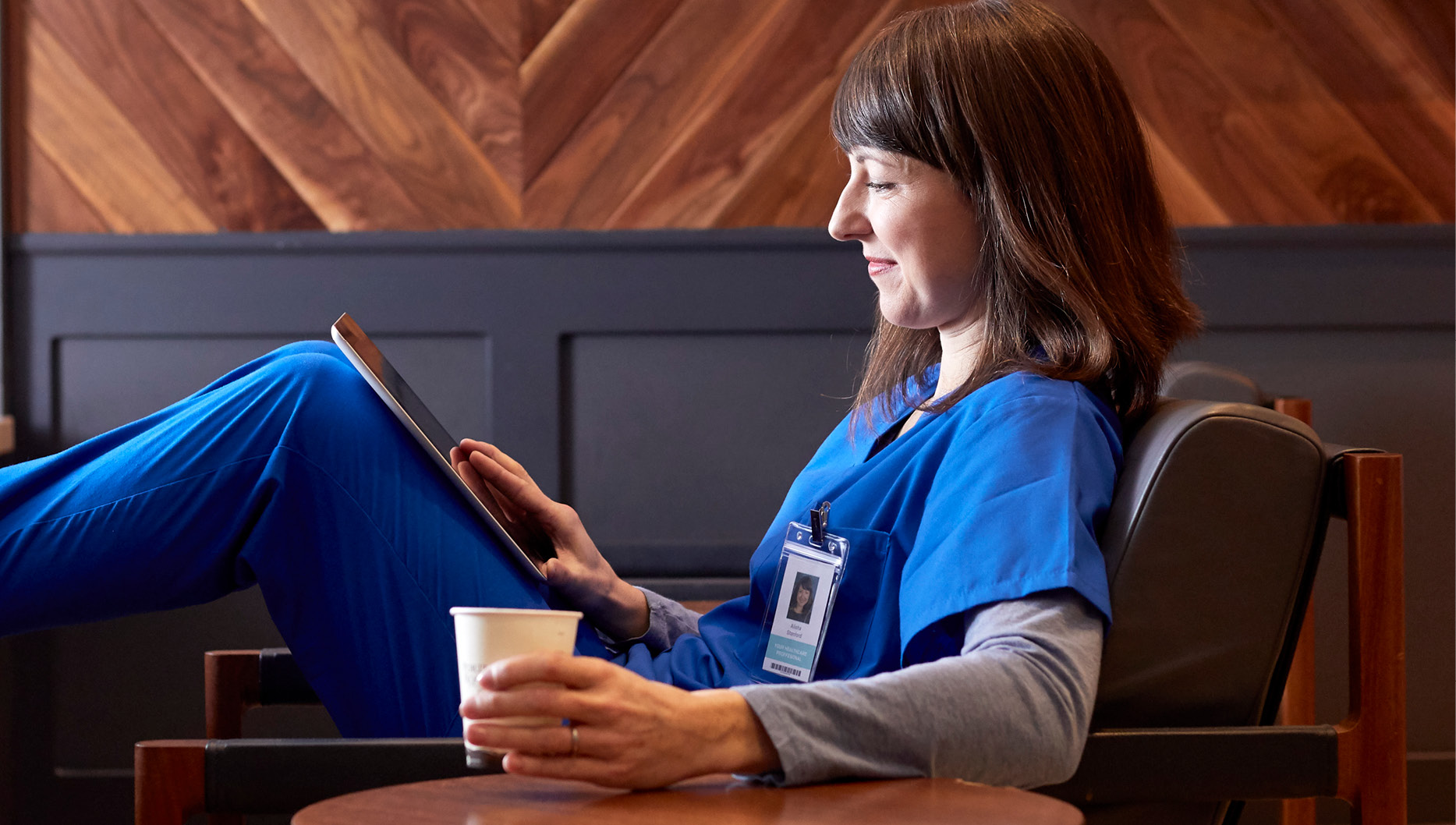Self-Care for the Nurse

Taking time for yourself is essential. As a nurse, you need to: care for yourself; protect yourself from stressors; assist your patients, staff, and/or students; be a role model for clients, colleagues, and personal contacts; and help create a healthy nation.
When I consider self-care, I am reminded of the analogy one hears when the safety announcements are made on an airline flight. The flight attendant encourages the passengers traveling with someone who needs assistance—such as a child—to put on their own oxygen mask first then assist the other person. If we do not treat ourselves with care and compassion, we will not have the ability and/or energy to fully care for others.
What does self care look like for nurses?
Self-care commonly means eating nutritious foods, getting enough sleep, engaging in physical activity, managing stress, participating in appropriate health screenings, and receiving appropriate immunizations. Self-care allows us to maintain health, prevent illness, and enjoy life.
As a nurse, you may experience barriers to self-care, including multitasking, shift rotations, and stress to name a few. Organizations such as the Centers for Disease Control and Prevention, The Joint Commission, and health care facilities (e.g. hospitals, etc.) are recognizing the importance of self-care for the nurse and offering some options to promote it. As the health of the staff improves, so will the health of the organization.
How do you practice self care as a nurse?
Choosing nutritious foods and fluids when providing patient care can be a challenge. Trying to eat smaller amounts every three hours or so can keep our blood sugar more even and keep us hydrated. Planning the food ahead of time and bringing it with us can help us to eat more nutritiously.
Sleeping adequately allows our body to refresh itself. Shutting down the digital input of the phone, TV, and e-readers 30 minutes or so before planned sleep will help. Make it a routine.
Physical activity is important. “Motion is the lotion” that keeps us moving. Incorporating physical activity into our daily lives may be easier and less costly than scheduling a workout at the gym. When you go into the grocery store, try circling the store perimeter three times before putting anything into the cart. Take the stairs rather than the elevator when possible. Add steps to your normal day and activities.
How Mindfullness can help with selfcare
Managing stress in our personal and/or professional lives is a constant challenge for most of us. Multitasking is prevalent, challenging our concentration and ability to be fully aware in a non-judgmental, non-emotional manner. Mindfulness is a practice that can assist us with this awareness and clear thinking.
In a stressful situation, mindfulness encourages us to:
1) Stop
2) Take a breath
3) Observe the situation
4) Proceed with appropriate action
Mindfulness can help us focus, reduce our stress, and value ourselves and others more. This is more healthful than merely reacting or responding automatically.
Keeping up with recommended health screenings is also important. Based on your age, what health screenings are recommended for you? Do you have a primary care provider? Are you following through on the recommended screenings? Prevention and/or early treatment is generally easier and more effective than waiting for significant disease and its progression.
It is also important to receive immunizations even after childhood. The annual flu vaccine is an example and. the tetanus diphtheria (Td) booster is recommended every 10 years. Based on our age and risk factors, we may need the shingles shot, pneumococcal, and/or meningococcal vaccines.
The ANA Enterprise organization has developed a Healthy Nurse Healthy Nation program. It focuses on improving health in five areas: physical activity, nutrition, rest, quality of life, and safety. Do you belong to the challenge? If you join, you will have access to many resources targeted to your specific needs, identified through a survey. Consider joining— you are worth it.



